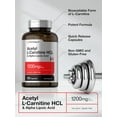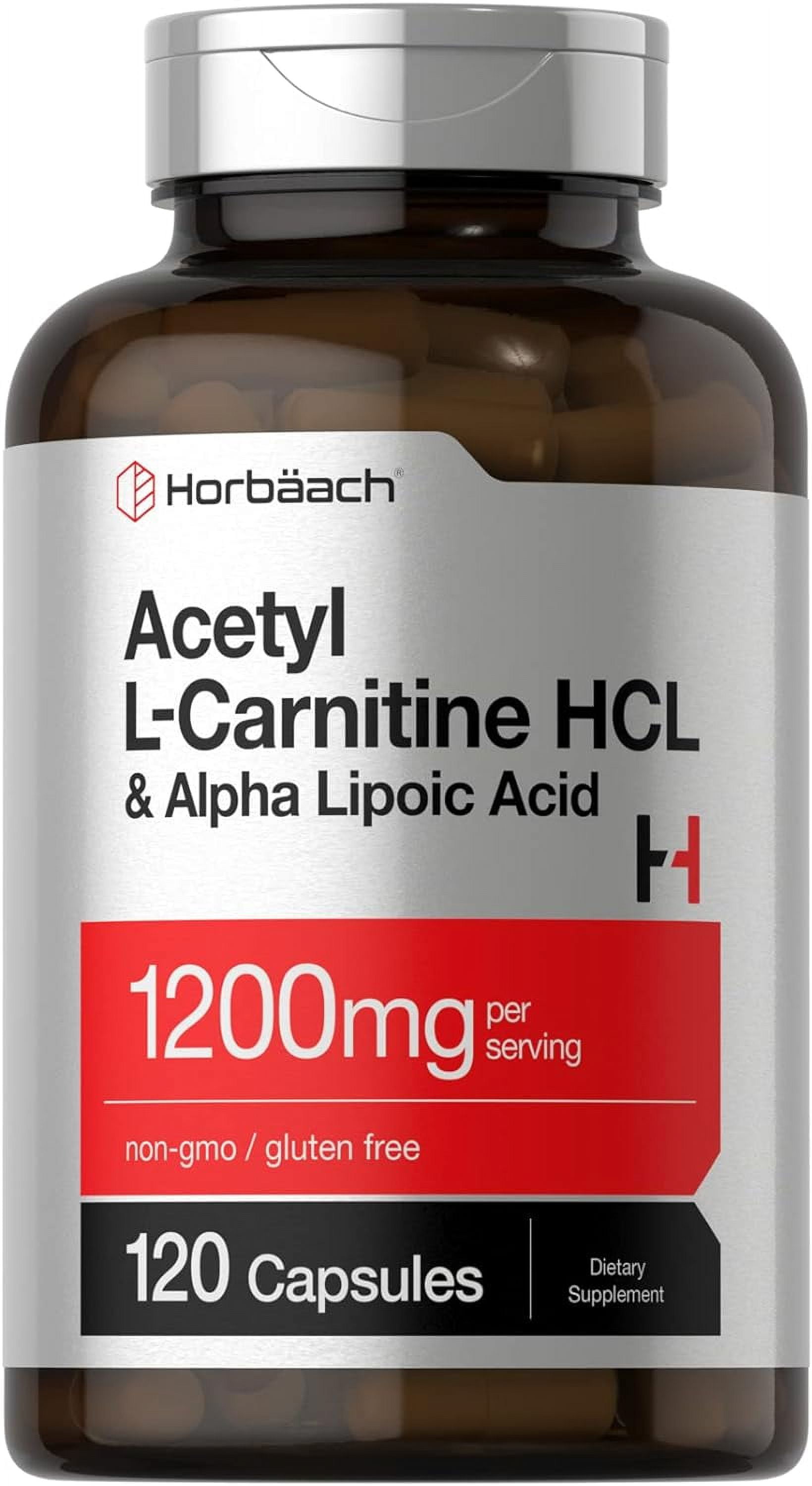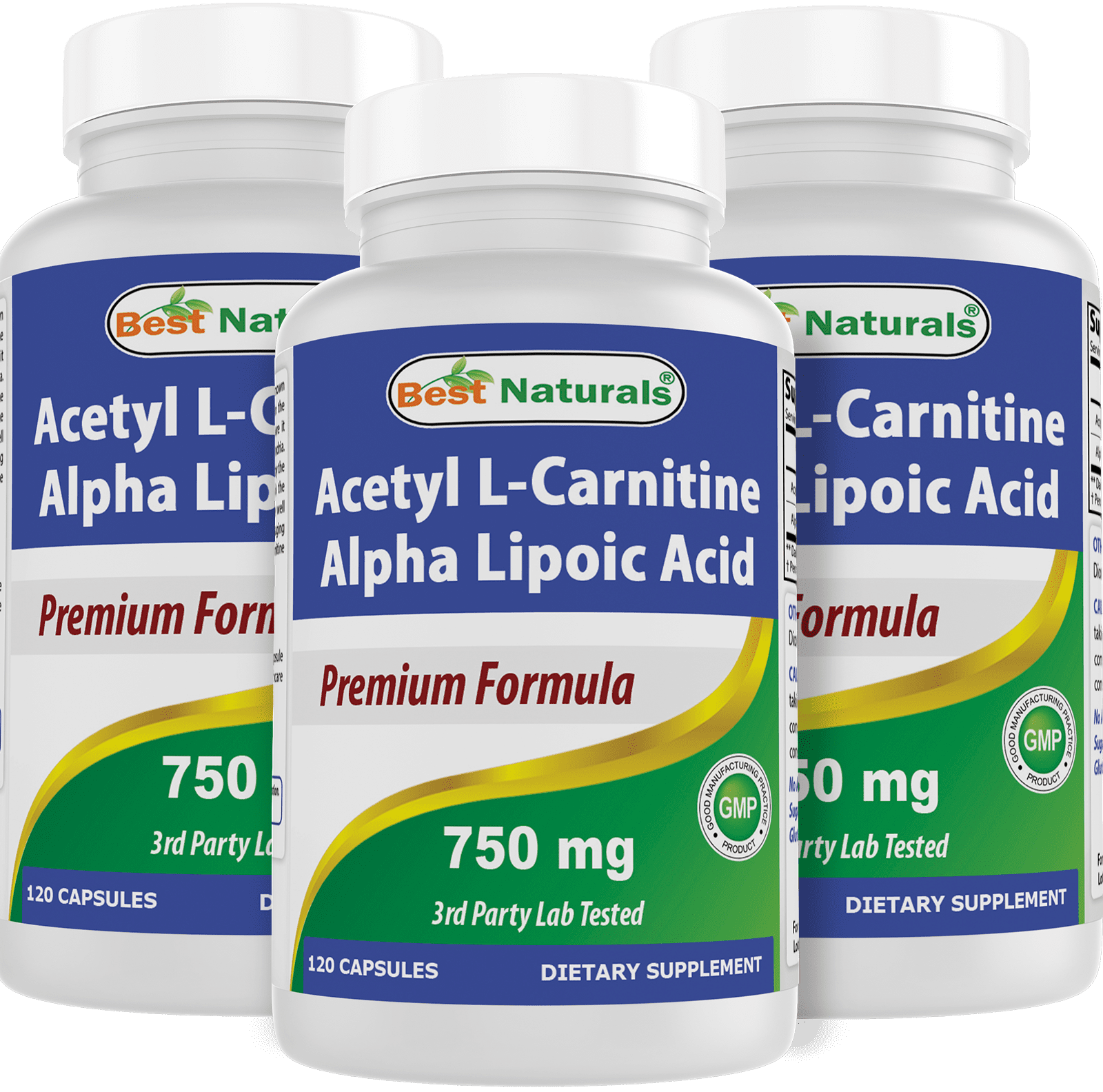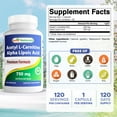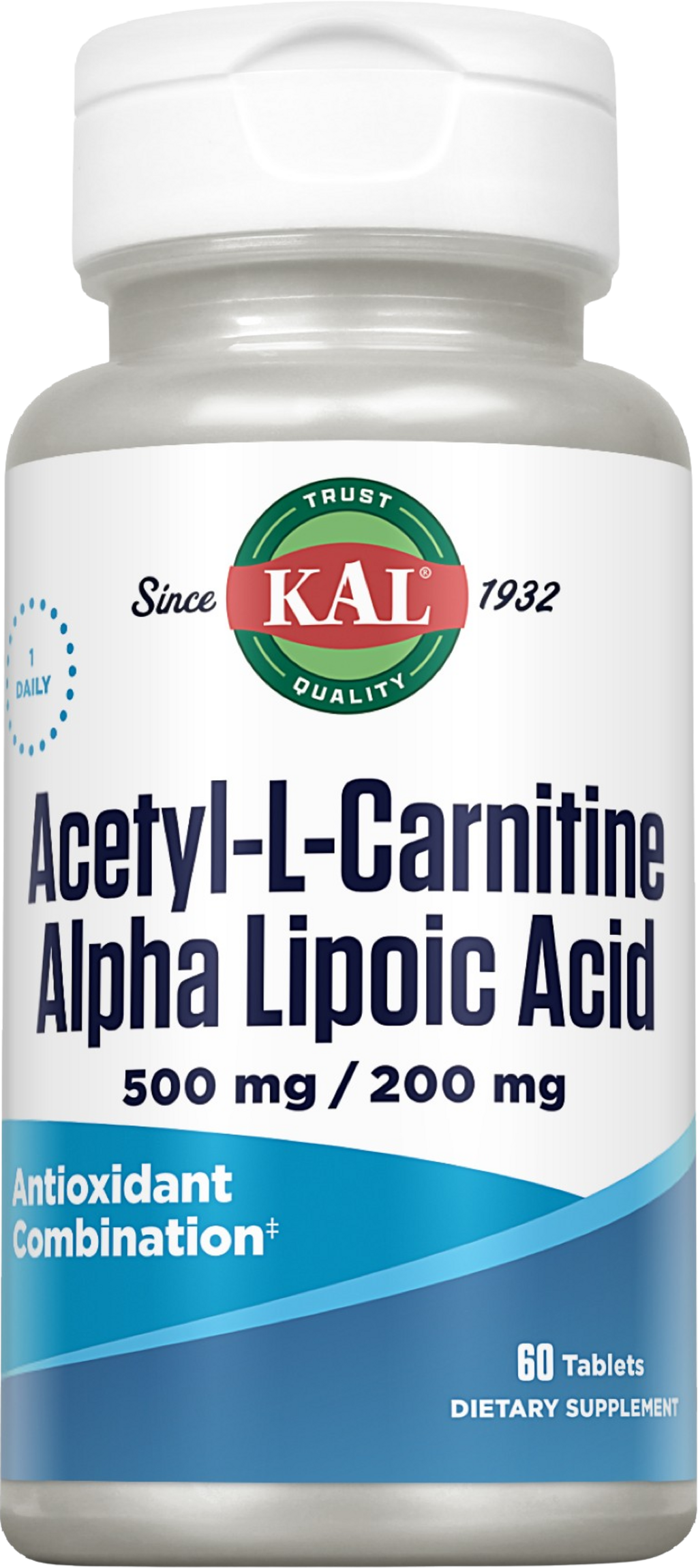Acetyl L Carnitine Alpha Lipoic Acid Benefits
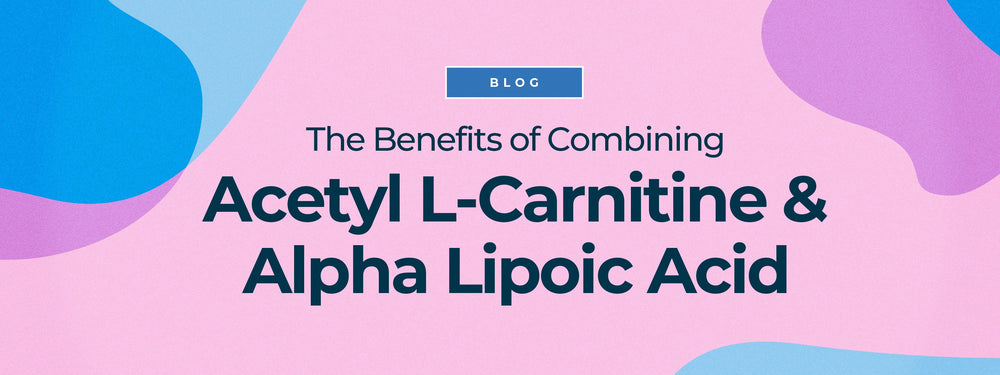
In the ever-evolving landscape of nutritional supplements, the combination of Acetyl L-Carnitine (ALCAR) and Alpha Lipoic Acid (ALA) has garnered increasing attention. Proponents suggest that this pairing offers synergistic benefits ranging from enhanced cognitive function to improved metabolic health. However, understanding the scientific basis and limitations of these claims is crucial for consumers seeking to make informed decisions.
This article delves into the current research surrounding ALCAR and ALA, examining their individual properties and potential combined effects. We will explore their purported benefits, underlying mechanisms, and the existing evidence base, while also acknowledging areas where further research is needed. This aims to provide a balanced perspective on the role of these supplements in promoting overall well-being.
Understanding Acetyl L-Carnitine (ALCAR)
Acetyl L-Carnitine is a naturally occurring amino acid derivative found in nearly all cells of the body. It plays a critical role in energy production by transporting fatty acids into the mitochondria, the cell's powerhouses, where they can be burned for fuel. This process is vital for cellular function and overall energy metabolism.
Beyond its role in energy production, ALCAR has also been investigated for its potential neuroprotective properties. Some studies suggest it may help protect brain cells from damage and improve cognitive function. This is believed to be due to its antioxidant effects and ability to increase levels of acetylcholine, a neurotransmitter important for learning and memory.
Research indicates that ALCAR may be beneficial for age-related cognitive decline and neurodegenerative diseases. However, the quality and size of these studies vary, highlighting the need for further investigation. It's important to note that ALCAR is not a cure for these conditions, but may offer some supportive benefits.
Exploring Alpha Lipoic Acid (ALA)
Alpha Lipoic Acid (ALA) is a naturally occurring antioxidant found in every cell in the body. It is unique in that it is both fat-soluble and water-soluble, allowing it to work in both the aqueous and lipid portions of cells. This broad-spectrum antioxidant activity helps protect cells from damage caused by free radicals.
ALA is also involved in energy production, similar to ALCAR, but through a different mechanism. It acts as a cofactor for several enzymes involved in mitochondrial metabolism, supporting the conversion of glucose into energy. This role in energy metabolism makes it potentially beneficial for individuals with metabolic disorders.
Furthermore, ALA has shown promise in improving insulin sensitivity and managing blood sugar levels, particularly in individuals with type 2 diabetes. Studies have demonstrated its ability to reduce oxidative stress, improve nerve function, and potentially alleviate symptoms of diabetic neuropathy.
The Potential Synergistic Effects of ALCAR and ALA
The combination of ALCAR and ALA is often touted as a synergistic powerhouse due to their complementary mechanisms of action. ALCAR facilitates the transport of fatty acids into the mitochondria for energy production, while ALA acts as an antioxidant and supports mitochondrial function. Together, they may enhance energy metabolism and protect cells from oxidative damage.
Some research suggests that the combination of ALCAR and ALA may have a greater impact on cognitive function and mitochondrial health than either supplement alone. For instance, studies in animal models have shown that the combination can improve memory and reduce oxidative stress in the brain. However, more human studies are needed to confirm these findings.
Additionally, the combined effects of ALCAR and ALA may be beneficial for managing metabolic disorders. By improving insulin sensitivity, reducing oxidative stress, and supporting mitochondrial function, this combination could potentially help regulate blood sugar levels and improve overall metabolic health. But again, further research is essential.
Scientific Evidence and Limitations
While preliminary research on ALCAR and ALA shows promise, it's important to acknowledge the limitations of the current evidence base. Many studies are small, short-term, and conducted in animal models. More large-scale, randomized, controlled trials in humans are needed to confirm the purported benefits.
The quality of available supplements can also vary considerably. It's crucial to choose reputable brands that adhere to strict quality control standards to ensure purity and potency. Consumers should consult with a healthcare professional before starting any new supplement regimen, especially if they have underlying health conditions or are taking medications.
It is also important to manage expectations. While some individuals may experience noticeable benefits from ALCAR and ALA supplementation, others may not. These supplements are not a magic bullet and should be viewed as part of a comprehensive approach to health and well-being, including a balanced diet and regular exercise.
Potential Impact on Health and Society
If further research confirms the synergistic benefits of ALCAR and ALA, the potential impact on health and society could be significant. These supplements may offer a non-pharmacological approach to supporting cognitive function, managing metabolic disorders, and promoting overall well-being. This could potentially reduce the burden of chronic diseases and improve quality of life for many individuals.
However, it's crucial to ensure that any widespread use of these supplements is based on solid scientific evidence and accompanied by appropriate guidelines. Public health campaigns may be needed to educate consumers about the potential benefits and risks of ALCAR and ALA supplementation.
Furthermore, the economic implications of widespread ALCAR and ALA use should be considered. The cost of these supplements can vary, and it's important to ensure that they are accessible and affordable to all individuals who may benefit from them. Policy makers and healthcare providers may need to address these issues to ensure equitable access to these potentially beneficial supplements.
Conclusion
Acetyl L-Carnitine and Alpha Lipoic Acid represent an intriguing combination of nutritional supplements with potential synergistic benefits. While preliminary research suggests promise in areas such as cognitive function and metabolic health, more rigorous studies are needed to confirm these findings. Consumers should approach these supplements with a critical eye, consult with healthcare professionals, and prioritize a holistic approach to health and well-being.
The ongoing research into ALCAR and ALA holds the potential to unlock new strategies for promoting health and preventing disease. However, it's essential to remain grounded in scientific evidence and avoid unsubstantiated claims. As research progresses, a clearer picture will emerge regarding the true potential of this supplement combination.

